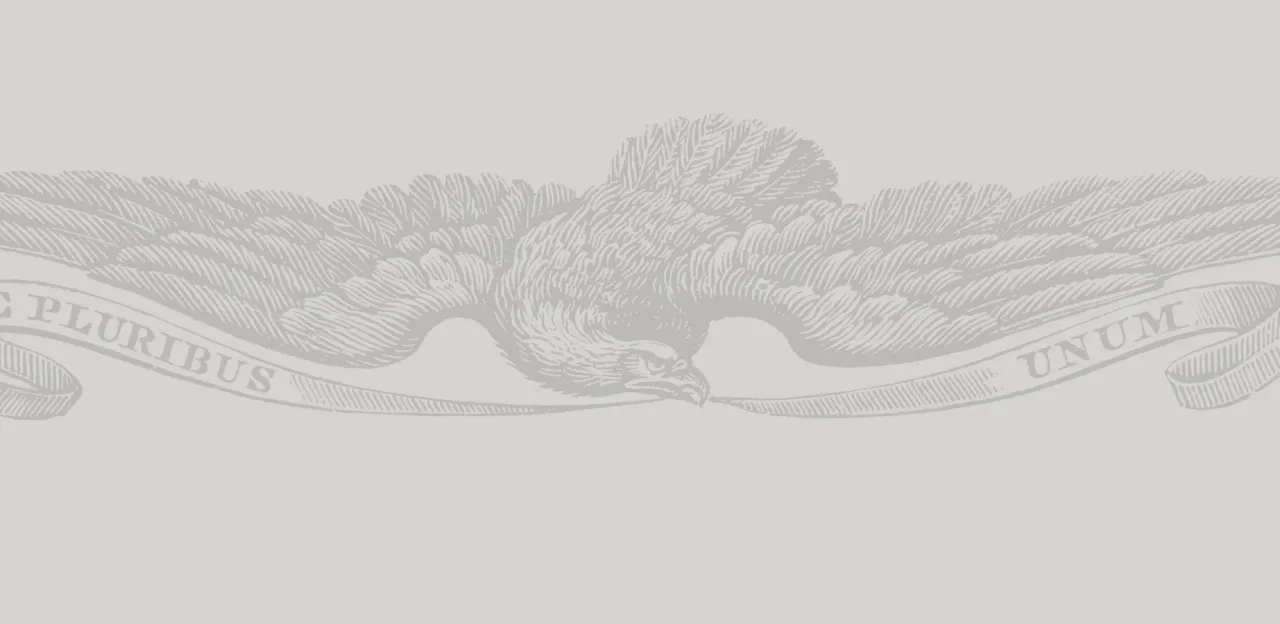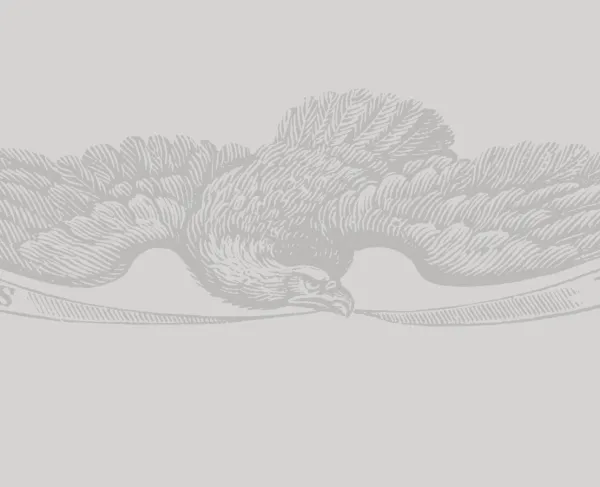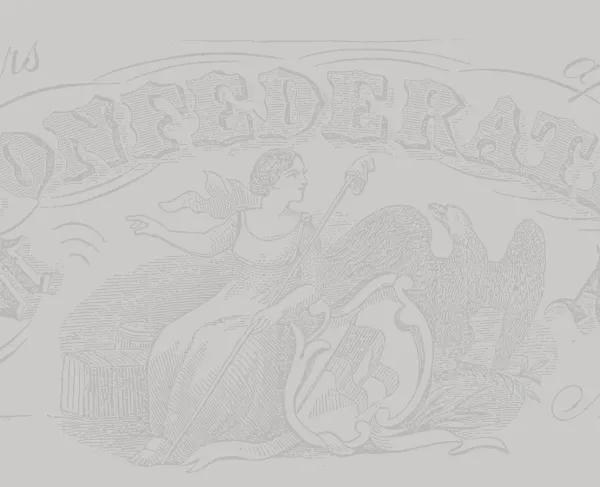Vicksburg: "Either by Charge or by Siege"

In 1861, at age 19, Osborn H. I. Oldroyd enlisted in the 20th Ohio Volunteer Infantry. The following excerpts are from his diary during the Siege of Vicksburg which were later published in 1885. Oldroyd survived the Civil War became a leader of Union veterans in the Grand Army of the Republic; he created an impressive collection of Civil War and President Lincoln-related items and helped to preserve Lincoln's home in Springfield, Illinois, as a museum.
May 19th [1863].—This day beholds a cordon or steel, with rivets of brave hearts, surrounding Vicksburg. The enemy left their fortifications on the first, twelfth, fourteenth, sixteenth and eighteenth of this month, and dealt their best blows to prevent the occurrence of what we have just accomplished—the surrounding of their well fortified city. We have now come here to compel them to surrender, and we are prepared to do it either by charge or by siege, and they cannot say to us nay. They have fought well to keep their homes free from invasion, and surely deserve praise for their brave return to battle after so many defeats. Our army encircles the city from the river above to the river below, a distance of seven and a half miles.
The three corps have taken respective positions as follows: Sherman's Fifteenth occupies the right of the line, resting on the river above; General McClernand's Thirteenth touches the river below, while McPherson's Seventeenth stands in the center. Our own division, commanded by Logan, occupies the road leading to Jackson.
In taking our position we did a great deal of skirmishing, and I suppose the same difficulty was experienced by the rest of the line. We have been nineteen days on the march around Vicksburg, and the time has been full of excitement—quite too varied for a comprehensive view just now, but those who have borne a part in it will store it all away in memory, to be gone over between comrades by piece-meal, when they meet after the war is over....
This has been a day to try the nerves of the boys, while taking position in front to invest the doomed city. It has been a day to try men's souls, and hearts, too. The long lines of rebel earthworks following the zig-zag courses of the hills, and black field guns still menacing from their port-holes, bristle with defiance to the invaders.
Our regiment, the 20th Ohio, being ordered in position on the Jackson road, immediately passed to the left in front of Fort Hill, where it stood ready to charge at a moment's notice. Meanwhile Colonel Force cautiously made his way in front of the different companies and spoke familiarly to his men words of encouragement. Said he, "boys, I expect we shall be ordered to charge the fort. I shall run right at it, and I hope every man will follow men." At that instant a soldier of one of the companies on the left was found snugly hid in a ravine under the roots of a tree, and his lieutenant's attention being called to the fact, he was ordered out, when he replied, "lieutenant, I do not believe I am able to make such a charge."
May 20th.—When I awoke this morning I offered thanks to God that my life had been spared thus far. We slept on our arms—something unusual. This day has been busily spent in making cautious advances toward the works of the enemy, and, although our progress seems to have been very little, we are content to approach step by step, for the task is difficult and dangerous. Bullets are flying over our heads, and it is quite common to see the boys trying to dodge them. A few have succeeded in stopping these bullets, but they had to leave at once for the hospital. A blanket displayed by its owner was called a map of the confederacy, on account of the holes in it made by bullets at Raymond and Champion Hills. It is good enough yet for warmth, but will not do to hold water. We are ragged and dirty, for we have had no change of clothes for over a month. But we have the promise of new suits soon. If we were to enter Vicksburg to-morrow, some of our nice young fellows would feel ashamed to march before the young ladies there. We can see the court house in the city with a confederate flag floating over it. What fun it will be to take that down, and hoist in its stead the old stars and stripes. Then yonder is the Mississippi river again; we want to jump into that once more and have a good bath. The hills back of Vicksburg, and in fact all round the city seem quite steep and barren, and to run in parallels, affording our troops good shelter from batteries and secret approaches. It is upon these hills opposite the town that our tents are pitched. We must cut back into the hills to escape the shower of bullets, for we like to feel secure, when asleep or off duty. A great many of the balls that come over are what are called "spent," that is, have not force enough left to do any harm. We do not feel quite as safe awake or asleep as we did before we got so near the city. However, we manage to sleep pretty much unconcerned as to danger. Our regiment is detailed to watch at the rifle pits in front to-night....
May 22n.—Last night mortar-shells, fired from the boats on the river in front of the city across Point Louisiana, fell thick over all parts of Vicksburg, and at three o'clock this morning every cannon along our line belched its shot at the enemy. Nothing could be heard at the time but the thundering of great guns—one hundred cannons sent crashing into the town—parrot, shrapnell, cannister, grape and solid shot—until it seemed impossible that anything could withstand such a fearful hailstorm. It was indeed a terrible spectacle—awfully grand.
At ten o'clock we had orders to advance. The boys were expecting the order and were busy divesting themselves of watches, rings, pictures and other keepsakes, which were being placed in the custody of the cooks, who were not expected to go into action. I never saw such a scene before, nor do I ever want to see it again. The instructions left with the keepsakes were varied. For instance, "This watch I want you to send to my father if I never return"—"I am going to Vicksburg, and if I do not get back just send these little trifles home, will you?"—proper addresses for the sending of the articles being left with them. Not a bit of sadness or fear appears in the talk or faces of the boys, but they thought it timely and proper to dispose of what they had accordingly. This was done while we awaited orders, which at last came in earnest, and in obedience to them we moved up and took our place in the rifle pits within a hundred yards of Fort Hill, where we had orders to keep a diligent watch, and to fire at the first head that dared to show itself. The air was so thick with the smoke of cannon that we could hardly see a hundred yards before us. The line to our right and left was completely hidden from view except as revealed by the flash of guns, and the occasional bursting of shells through the dense clouds. About eleven o'clock came a signal for the entire line to charge upon the works of the enemy. Our boys were all ready, and in an instant leaped forward to find victory or defeat. The seventh Missouri took the lead with ladders which they placed against the fort, and then gave way for others to scale them. Those who climbed to the top of the fort met cold steel, and, when at length it was found impossible to enter the fort that way, the command was given to fall back, which was done under a perfect hail of lead from the enemy. The rebels, in their excitement and haste to fire at our retreating force, thrust their heads a little too high above their cover,—an advantage we were quick to seize with well aimed volleys. In this charge a severe loss was met by our division, and nothing gained. What success was met by the rest of the line I can not say, but I hope it was better than ours. Thus ended another day of bloody fight in vain, except for an increase of the knowledge which has been steadily growing lately, that a regular siege will be required to take Vicksburg. This day will be eventful on the page of history for its duties have been severe, and many a brave patriot bit the dust under the storm of deadly fire that assailed us.
Source:
A Soldier's Story of the Siege of Vicksburg: From the Diary of Osborn H. Oldroyd by Osborn H. Oldroyd (Springfield, 1885). Pages 28-30, 32.
Related Battles
4,910
32,363




